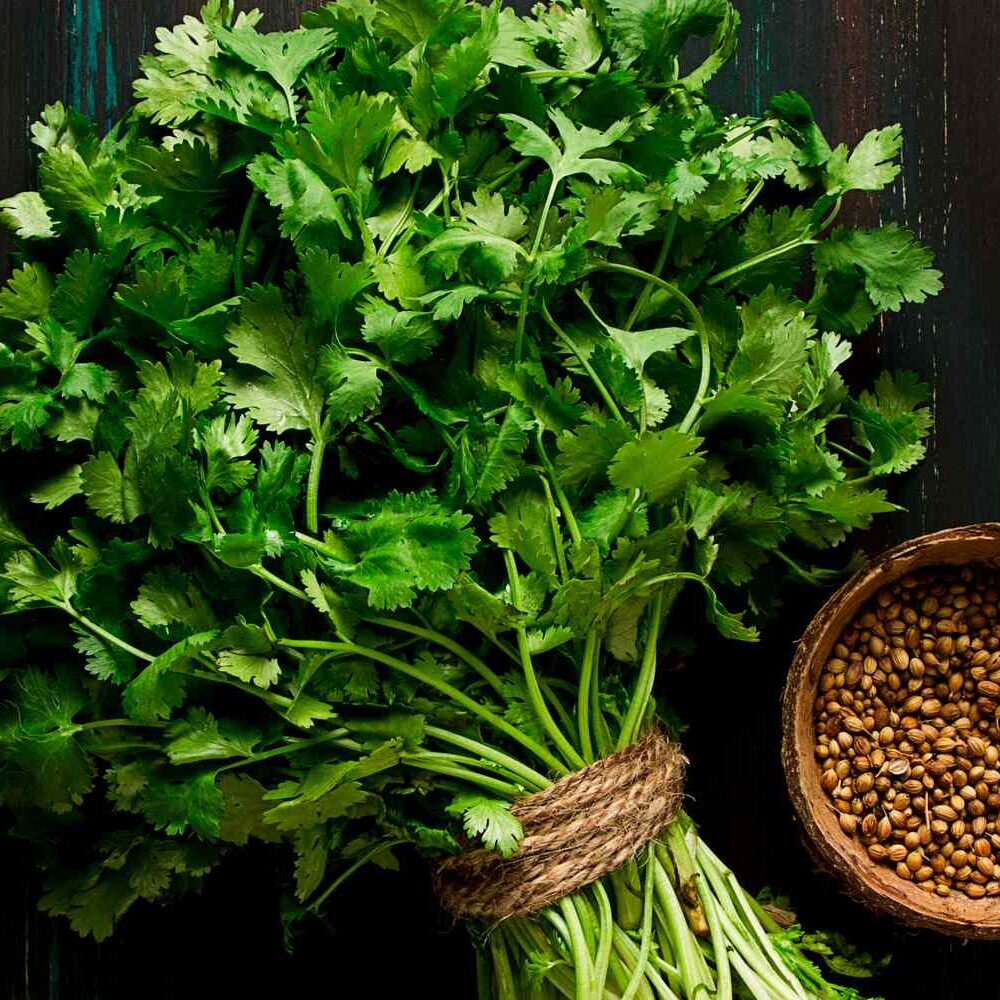Welcome to your holistic living

Botanical Name: Coriandrum sativum Linn
Family: Apiaceae
English Name: Coriander
Malayalam Name: Malliyila, Kothamalli
Hindi Name: Dhaniya
Coriandrum sativum is an annual herb with finely divided, feathery leaves. The plant has a distinctive aroma due to essential oils. Leaves are widely used fresh in cooking, while the dried seeds are used as a spice. The plant bears small white or pink flowers in umbels, followed by round, aromatic seeds. It is both a culinary and medicinal herb, widely cultivated in India and worldwide
Fruits (Seeds), leaves, whole plant (sometimes used in folk medicine)
1. Antioxidant and Anti-inflammatory:Coriander contains active compounds like linalool and phenolic acids that combat oxidative stress and inflammation, which are linked to various chronic diseases. 2. Blood Sugar Control:The plant has been shown to help balance glucose levels, indicating its potential in managing diabetes. 3. Cardiovascular Health:It can contribute to heart health by helping to control blood pressure, reduce bad cholesterol (LDL), and exhibit anti-atherogenic effects. 4. Digestive Support:Coriander can aid digestion and is used to relieve stomach disorders and discomfort. 5. Bone Health:Regular consumption of coriander is linked to improved bone health. 6. Mental Well-being:Coriander has demonstrated anxiolytic (anti-anxiety) and hypnotic effects, helping to calm the nervous system.
Carminative Digestive stimulant Antioxidant Antipyretic Anti-inflammatory Antimicrobial Antidiabetic Hypolipidemic Diuretic Neuroprotective
Rasa: Katu, Madhura, Tikta
Guna: Laghu, Snigdha
Virya: Sita
Vipaka: Madhura
Dosha Karma: Balances Pitta and Kapha